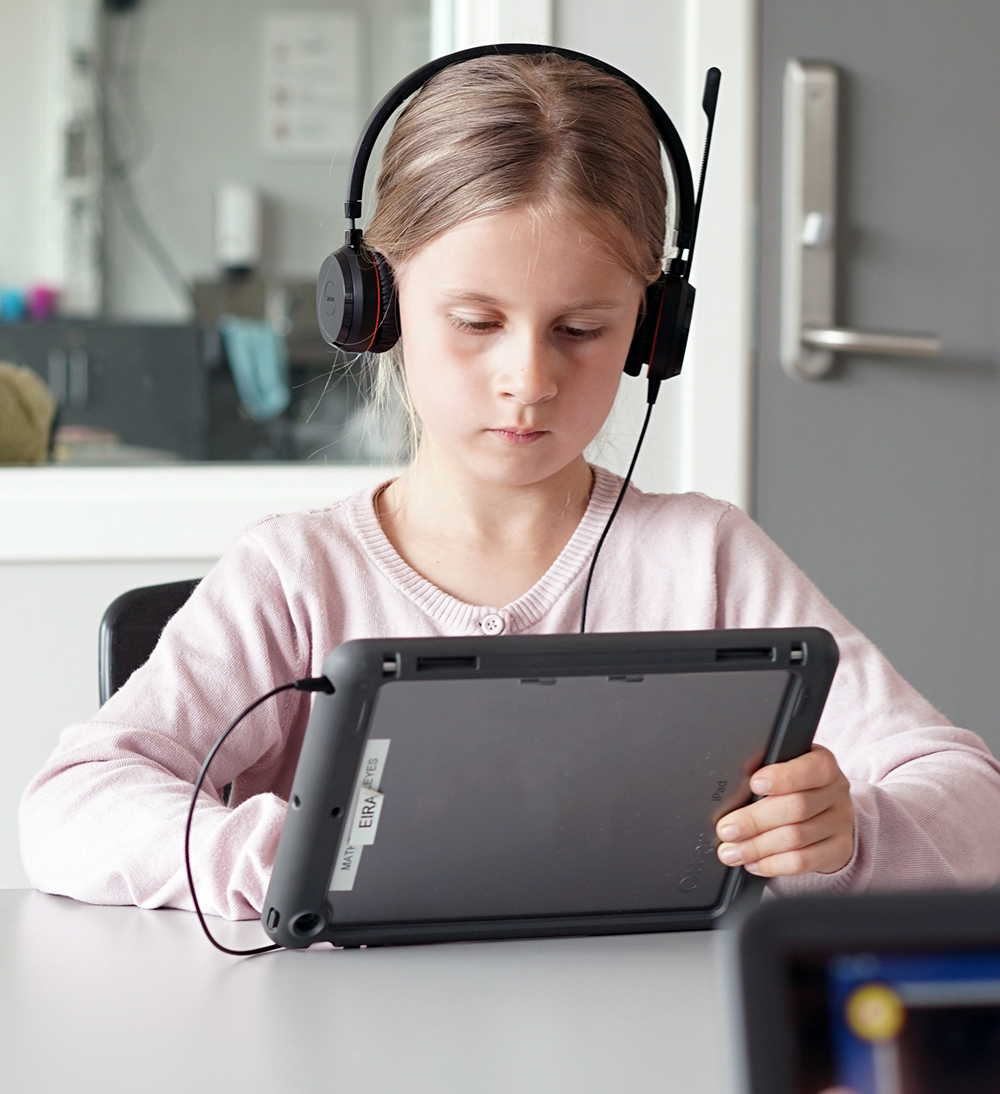
About the project
This PhD project builds on “The Vocabulary Learning Challenge” (VLC). In this project, we developed a morphology-based app to support vocabulary learning in second-graders. More information on the VLC project can be found here.
The first part of the PhD project focused mainly on morphological knowledge. As the vocabulary learning app is based on morphology, morphological knowledge is a key concept when measuring outcomes. Since morphological knowledge is a very complex construct, we conducted a study that investigated how we conceptualize, measure and analyze this ability. The study examined the dimensionality of morphological knowledge; whether it is best viewed as a single independent ability or several interrelated abilities.
In the second part, we turn our focus to how children interacted with the app. We noticed that some children seemed to repeat the same mistake multiple times before finding the correct solutions. Hence, we decided to investigate children's propensity to repeat mistakes and how it relates to learning gains. To shed further light on mistake repetition, we examine child and task characteristics to gain understanding of which children are more likely to repeat mistakes, and in which tasks.
Background
The project started in March 2019 and is expected to finish in February 2023. Main supervisor in the project is Bjõrn Andersson (CEMO) and co-supervisor is Janne von Koss Torkildsen (ISP).